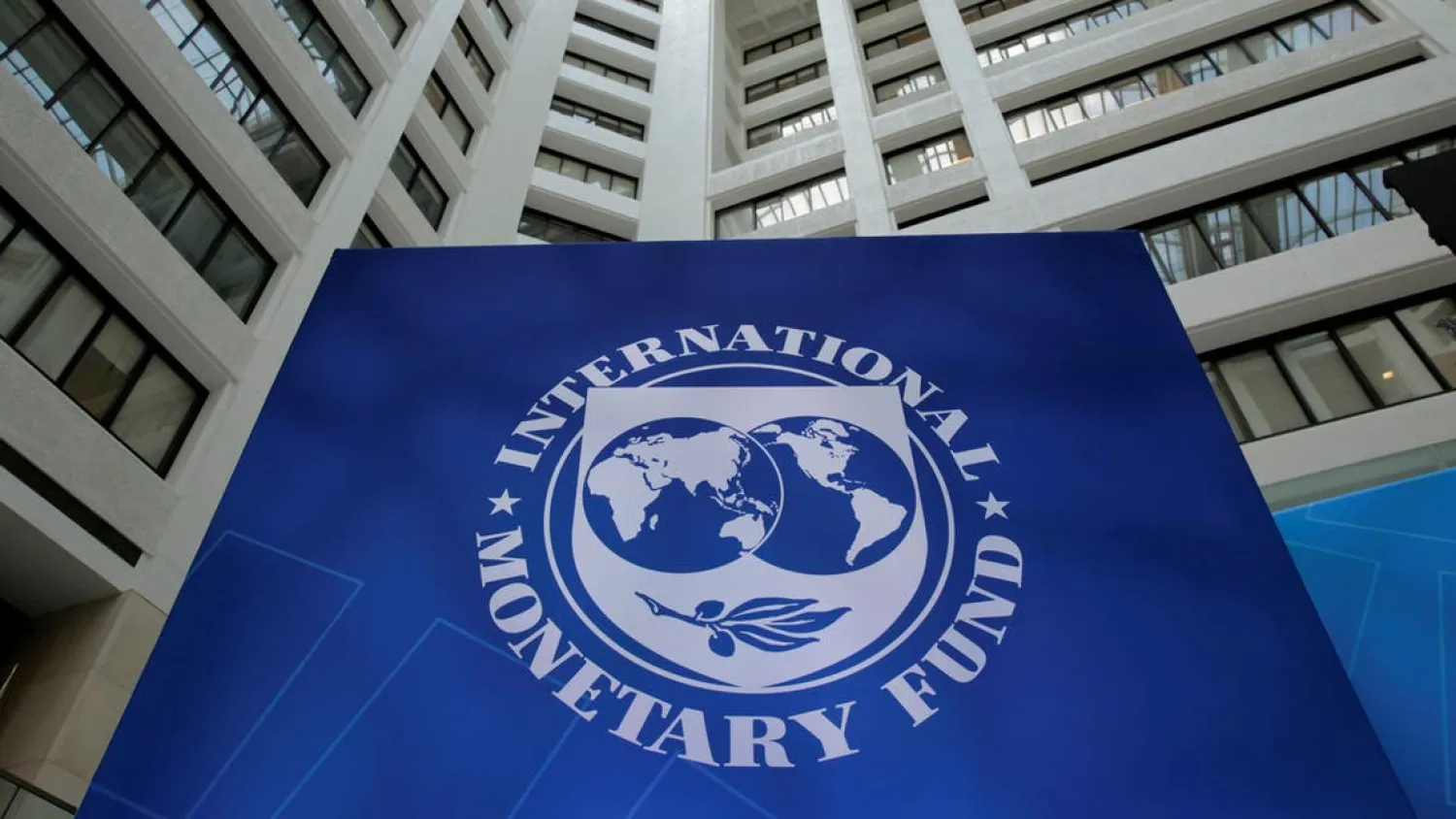The International Monetary Fund (IMF) managing director approved on Monday the first review of Sudan's Staff-Monitored Program (SMP) but called for reform of a customs exchange rate and more transparency over state-owned enterprises.
"The Sudanese authorities have made tangible progress toward establishing a strong track record of policy and reform implementation - a key requirement for eventual debt relief", an IMF statement said, citing a recent devaluation of the currency and removal of fuel subsidies.
The IMF warned that the economic situation remained "extremely fragile" in Sudan, where a deep economic crisis has seen inflation of up to 300% and shortages of basic goods, Reuters reported.
"Authorities should implement the reform of the customs exchange rate in a timely fashion to lift revenue and competitiveness and avoid a return to distortionary policy measures," the statement said.
"Enhanced transparency and management of State-Owned Enterprises operations is vital to mitigate fiscal risks and bring more revenue on-budget," it added.
The IMF also called for the timely adoption of a central bank act and the establishment of an independent anti-corruption commission.









